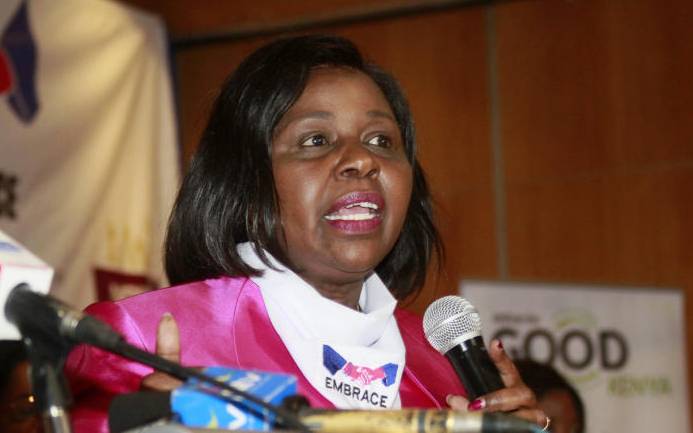×
The Standard e-Paper
Kenya’s Boldest Voice

Bomet Governor Joyce Laboso addressing Women Leaders in Support of Building Bridges Initiative under the banner of Embrace during their Convention to highlight some of their proposals to be submitted to BBI trust force at Intercontinental Hotel in Nairobi on Tuesday May 2, 2019. [Boniface Okendo/Standard]
The Controller of Budget has revealed that seven counties in the South Rift are struggling to tame rising wage bills and trim expenditure on non-essential items.







